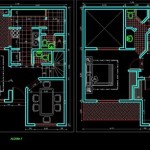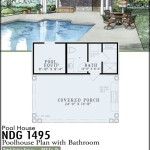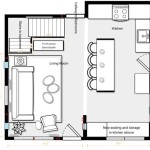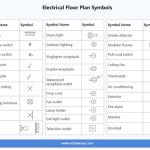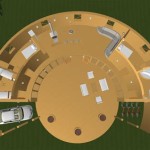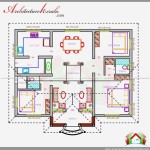Essential Aspects of Cargo Container House Plans: Inspiration for Unique and Sustainable Living
The allure of cargo container homes has captivated many aspiring homeowners and architects alike. These versatile structures offer a blend of durability, affordability, and eco-friendly potential. If you're considering embarking on a cargo container house project, it's crucial to delve into the essential aspects that will shape your design.
1. Function and Space Planning
The first step is to determine the intended purpose and size of your cargo container home. Measure your desired square footage and consider the number of rooms and their intended functions. Optimize space by incorporating multi-purpose areas, such as a living room that also serves as a bedroom or a kitchen that doubles as a dining space.
2. Container Selection and Modification
Choose the appropriate cargo container size and type based on your space requirements. Standard containers come in 20- and 40-foot lengths and offer varying heights. Determine which modifications are necessary, such as cutting out windows, doors, and skylights, as well as adding insulation and electrical wiring.
3. Structural Integrity
Cargo containers are built to withstand transportation stresses, but they may require additional structural reinforcement for residential use. Assess the need for additional bracing, beams, or foundations to ensure the stability and safety of your home.
4. Sustainability and Insulation
Maximize energy efficiency by using insulation materials that minimize heat transfer. Consider incorporating passive design elements, such as proper orientation, overhangs, and cross-ventilation, to reduce energy consumption.
5. Aesthetics and Design Elements
Express your architectural vision through the exterior and interior design of your cargo container home. Experiment with textures, colors, and cladding materials to create a unique façade. Integrate large windows to flood the interior with natural light and connect with the surrounding environment.
6. Interior Layout and Furnishings
Create a comfortable and functional living space by optimizing the interior layout. Choose furniture that complements the industrial aesthetic of the cargo container, such as metal accents, reclaimed wood, and exposed beams. Utilize clever storage solutions to maximize vertical space and minimize clutter.
7. Landscaping and Outdoor Spaces
Connect your cargo container home to the outdoors by designing inviting outdoor areas. Incorporate decks, patios, or green spaces to create a seamless transition between indoor and outdoor living. Choose drought-tolerant plants and hardscape elements to minimize maintenance while adding aesthetic appeal.
Conclusion
Designing a cargo container house is an exciting endeavor that requires careful consideration of essential aspects. By addressing function, structure, sustainability, aesthetics, interior layout, and outdoor spaces, you can create a unique and sustainable living space that seamlessly blends industrial charm with modern comfort.

Container Homes 6 Inspiring Plans House Home Designs

Cargo Container House Plans Sense And Simplicity Homes 6 Building A Home

Efficient Container Floor Plan Ideas Inspired By Real Homes House Plans Design

Container House Plans Home Designs Homes

Container Design Old Lady House Plans

Small Scale Homes New 8 X 20 Container Home Design Building A House Plans

20 Foot Container Home Floor Plans

17 Cool Container Homes To Inspire Your Own Homesteading Ideas House Plans Interior Sea

Inspiration Container House Plans Design

2 40 Foot Container Home Floor Plans

